Trigger Warning: Mentions of violence
After Arjun Reddy and Kabir Singh, two films about an alcoholic surgeon raised in an upper-class family with tremendous anger issues and an eccentric obsession with his girlfriend, the director Sandeep Reddy Vanga returns with Animal, giving birth to one of the vilest protagonists viewers of Indian cinema have ever witnessed.
Vanga announced before critics of Kabir Singh that his next will show them what real violence looks like.
Vanga announced before critics of Kabir Singh that his next will show them what real violence looks like. With Animal, he over-delivers and delves beyond his classic lines of casual sexism, docile female characters, and overtly problematic male behaviour. Be it romanticising violence in a relationship or ushering female agency into oblivion, Vanga’s Animal is no anomaly in serving patriarchal violence, basking in the pride of making sky-rocketing box office numbers and bearing no social responsibility.
Ranvijay, played by Ranbir Kapoor, is the only son of business tycoon Balbir Singh (Anil Kapoor) and has everything money can buy. But like they say, with money one can buy a house but not a home. He seeks love and validation from his father whose life revolves around his steel factory. Deprived of the attention of an absentee father, Ranvijay turns into a ghastly beast who seeks solace in butchery and bloodshed. Seeking revenge for the attack on his father, he declares himself as the “man of the house” and vows to “protect his family”. The director tries to convince his audience of Ranvijay’s inner turmoil and unaided childhood as a defence to his temper tantrums and hysteria around killing in the name of a son’s unhinged love for his father.
The politics of Animal
Animal begins with Ranvijay manipulating Rashmika Mandana’s Geetanjali into marrying him by selling stories of machismo borrowed from Andrew Tate’s videos on the Alpha male. He tells her how humans lived in prehistoric times- the alphas hunted to fend for the family while the women cooked and raised kids. They had the agency to choose which man they want to mate and bear children with which without a speck of doubt had to be the Alpha- the flag-bearer of masculinity. He reduces men who write poetry to being ‘less of a man’ in the same breath feeding to the notion of the emotionally stunted and physically strong (read potent enough to indulge in acts of violence) man.
In another bit in Animal, Ranbir mentions that he loves the fact that Rashmika has a ‘big pelvis’ meaning she would produce healthy children (one of his brainchildren)- reducing a woman’s entire existence to fulfilling her domestic responsibilities of raising children.
Teenager Ranbir enters his sister’s classroom with a gun, fires countless bullets to threaten people who harassed her. There’s a hysteric reaction to this scene all over social media, people hooting for this boy for going out of his way to “save” his sister leave alone the fact that she didn’t “ask” for saving. While one might realise it comes across as a brother’s love for his sister and the need to protect her against odds, but one needs to understand that it’s a serious subject of mental-health to address when a schoolboy brandishes a gun loaded with bullets inside a classroom given that he had a difficult childhood with an unjustifiable admiration for his father who is abusive, never available and this leaves him scarred. But, that’s exactly what Vanga tried to achieve- provoking the audience to believe violence is the key to handling issues when it comes to relationships of any kind, inciting celebrations amongst the crowd while the moral compass points elsewhere.
Taking cues from this man’s psychological aberrations, one would feel that he is in dire need for therapy. But that doesn’t happen in Vanga’s universe. Ranbir’s Ranvijay not only dismisses the psychologist who offers help but makes her visibly uncomfortable by asking questions on her sex-life. Isn’t that how Vanga shoots two targets with one bullet, by conveying his sheer disregard towards concerns surrounding mental-health and provocative sexism meted out in the same breath?
Violence, machismo, and mistreatment of women in Animal
Animal in its entirety is a violence extravaganza of men chopping down men. There’s always rage and hostility simmering in Ranbir’s eyes sending out the message that anger is predominantly a male trait. He kills mercilessly and has no lament. There’s bloodbath and decimation everywhere while these mass murders have no legal consequences. This is where the problem lies and that’s not this harrowing display of violence. The film justifies and validates the protagonist’s anger and he pays no price for it, not to mention he gets an invigorated audience as the cherry on the cake.
The film justifies and validates the protagonist’s anger and he pays no price for it, not to mention he gets an invigorated audience as the cherry on the cake.
It is important to come to the two scenes in Animal that presumably have been categorically designed to shove it on the face of the detractors of Vanga’s past releases. In one, Rashmika chides Ranbir for smoking after getting multiple surgeries in response to which Ranbir tells her ‘I’ll slap you so hard like I slap those men’. This very dialogue tends to have a cascading effect on the viewers with a nudge at normalising physical and verbal abuse in a marriage or relationship as all her anger fades away after he shoves into her ears ear pods with the recording of two of them moaning at their first night together. As if female rage is so volatile and this is all that it takes to counter it.
In another, Rashmika confronts him on the mass-murders he has committed and he says ‘Think like a man Geetanjali. Think like you’ve biceps like me. Yeh chest (pointing towards her chest) aisa nahi, mere jaisa hai. And down there is something like I’ve got’. Oppressors and filmmakers like Vanga get to benefit from this very convenient social structure, which condones and lauds such behaviour. It isn’t much likely to sense any discomfort amongst the men around at this obnoxious display of power dynamics let alone the toxic masculinity since they are the ultimate beneficiary of patriarchy.
‘Mahine mein chaar baar pad change karne ke liye itna drama karti hain’, says Ranbir’s character, dehumanising menstruating women by dismissing the pain they encounter. This reinforces toxic patriarchal narratives around female pain.
Toxicity in relationships and submission of women
Vanga cannot do without abusive, romantic relationships where the man abuses his power and the woman submits making his audience empathise with toxicity in the dynamics, normalising violence and subjugation in a relationship. There’s a scene in Animal where Ranbir pulls the hook of Rashmika’s bra and keeps hitting her with it while she screams in pain and says it’s hurting her. He later indemnifies the act by applying ice on her bruised back and she relents all over again. The film tries to establish through this scene that it’s okay for women in love to lose their minds and “heal” psychologically unstable men.
The film tries to establish through this scene that it’s okay for women in love to lose their minds and “heal” psychologically unstable men.
The film features a scene where Ranbir asks Tripti Dimri’s Zoya to lick his shoe as a display of her love for him, reducing her to an object of male desire. She belongs to the clan of women in the film who suffer in silence with these problematic men in their lives. Ranbir’s mother, always subservient to his abusive father enables Ranbir’s bad behaviour. His elder sister taking it lying down while her husband hits her, pushes her away on multiple occasions and in fact throws a burning cigarette at her. They’re all victims of a system of power that emboldens the authority- the patriarchs.
Rape apologia and lack of accountability in Animal
Bobby Deol’s Abrar is one step ahead in the curve as he summons three of his wives in his room, rips one’s clothes off, hits another and forces himself on the one he newly married. This scene is the most problematic Indian cinema has produced in a decade. It clearly condones marital rape and doesn’t hold the perpetrator accountable in any way. This horrific man slaughters with impunity and the film doesn’t judge him for that. It rather portrays him as the powerful villain who’s the hero’s ideal opponent and romanticises their fight scene with an emotional song as the background score, invoking feelings in the audience for these estranged brothers who are fighting for their loved ones. The highly underlying machismo seems to have been brushed under the rug.
For all the misogyny the film eulogises, Ranbir Kapoor has the lion’s share. An actor cannot evade the societal impact his choices create especially since ours is a country where film stars are emulated and idealised. You can’t climb the ladders of ambition capitalising on sentiment of the masses and bearing no responsibility at the same time. The soaring box office numbers do throw light upon patronisation from the audience but is that all what it takes? Cinema doesn’t exist in a vacuum, it imitates life. Characters like these horrendous, testosterone laden psychopaths are going to be worshiped by millions and directors like Vanga will get the ego boost to “tear apart” his critics flaunting those numbers. When are we going to reflect on the need for responsible filmmaking?
About the author(s)
Pritha graduated with a Masters in Mathematics from Jadavpur University, Kolkata. She is currently working at a corporate firm and based in Bangalore. She enjoys reading and is interested in feminist writing. She is hoping to publish her own novel someday. Insta ID: pugnacious_pritha

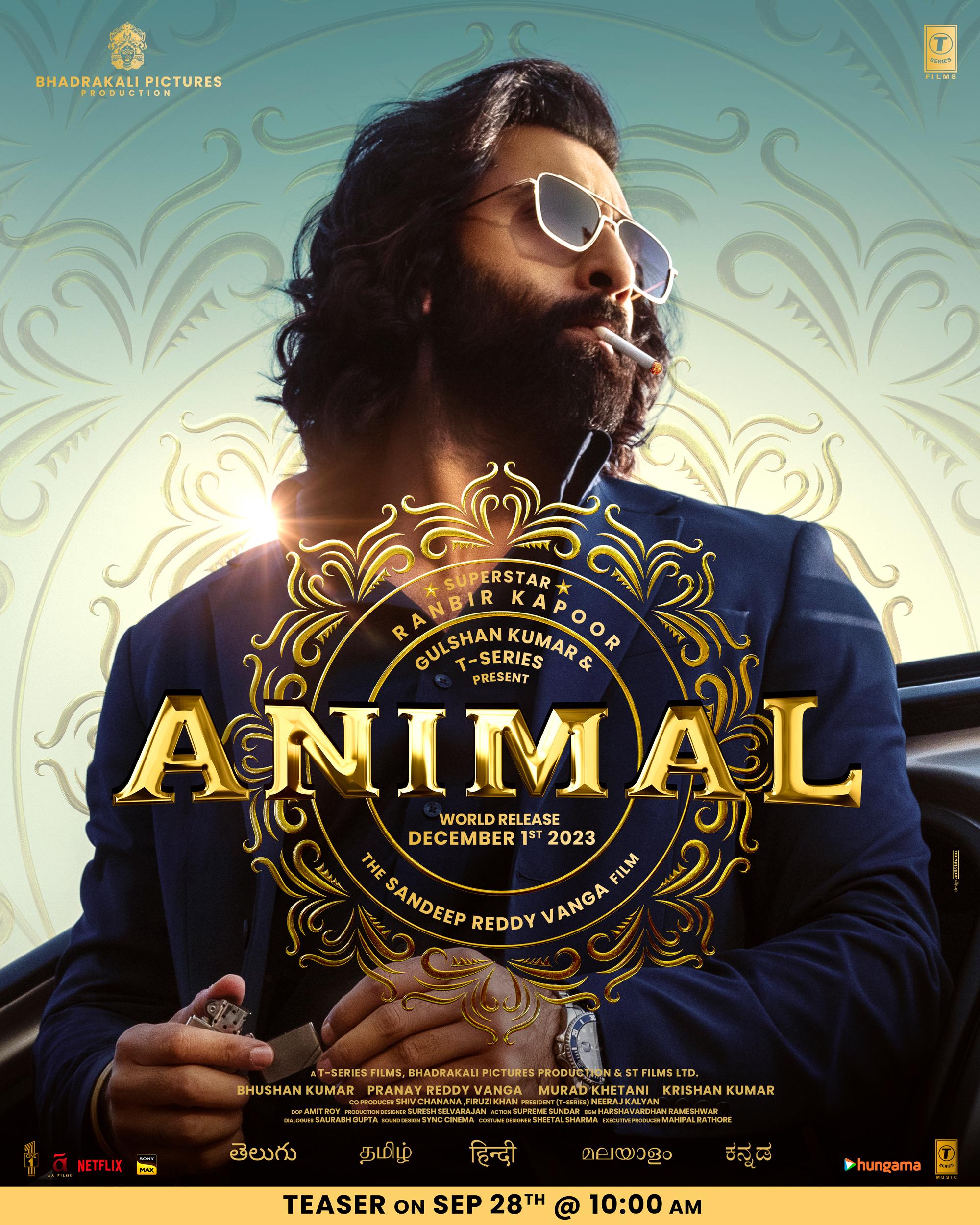
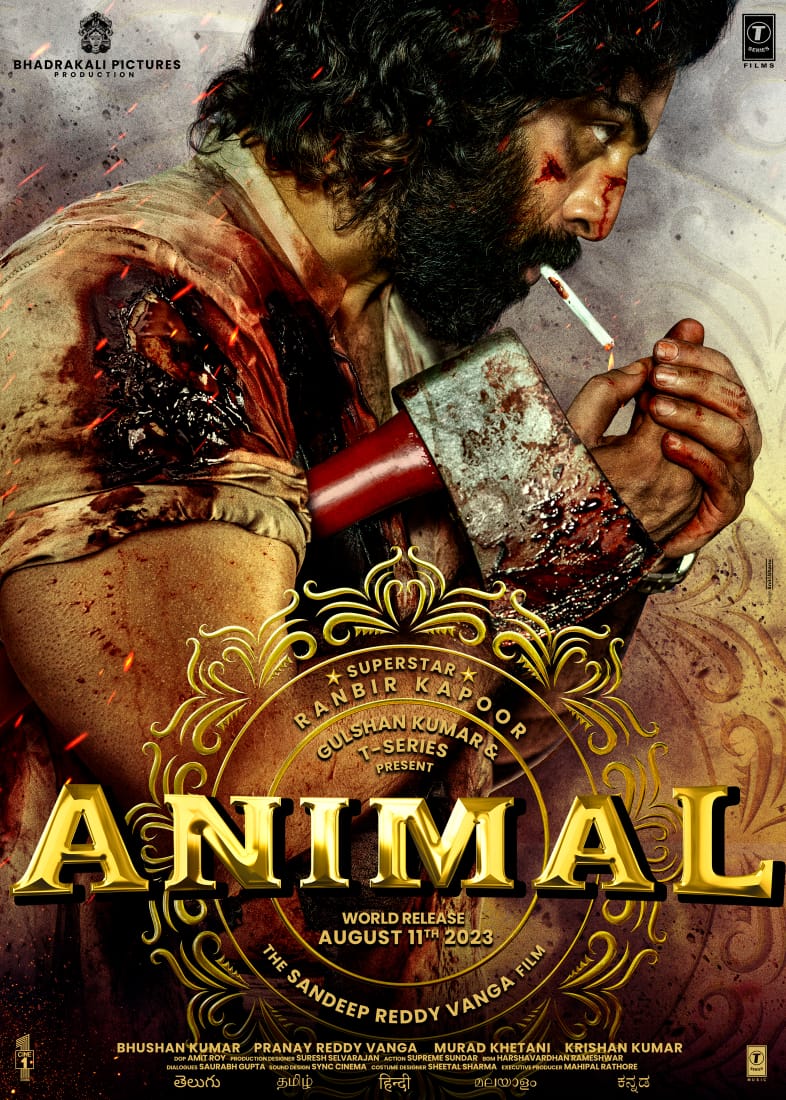
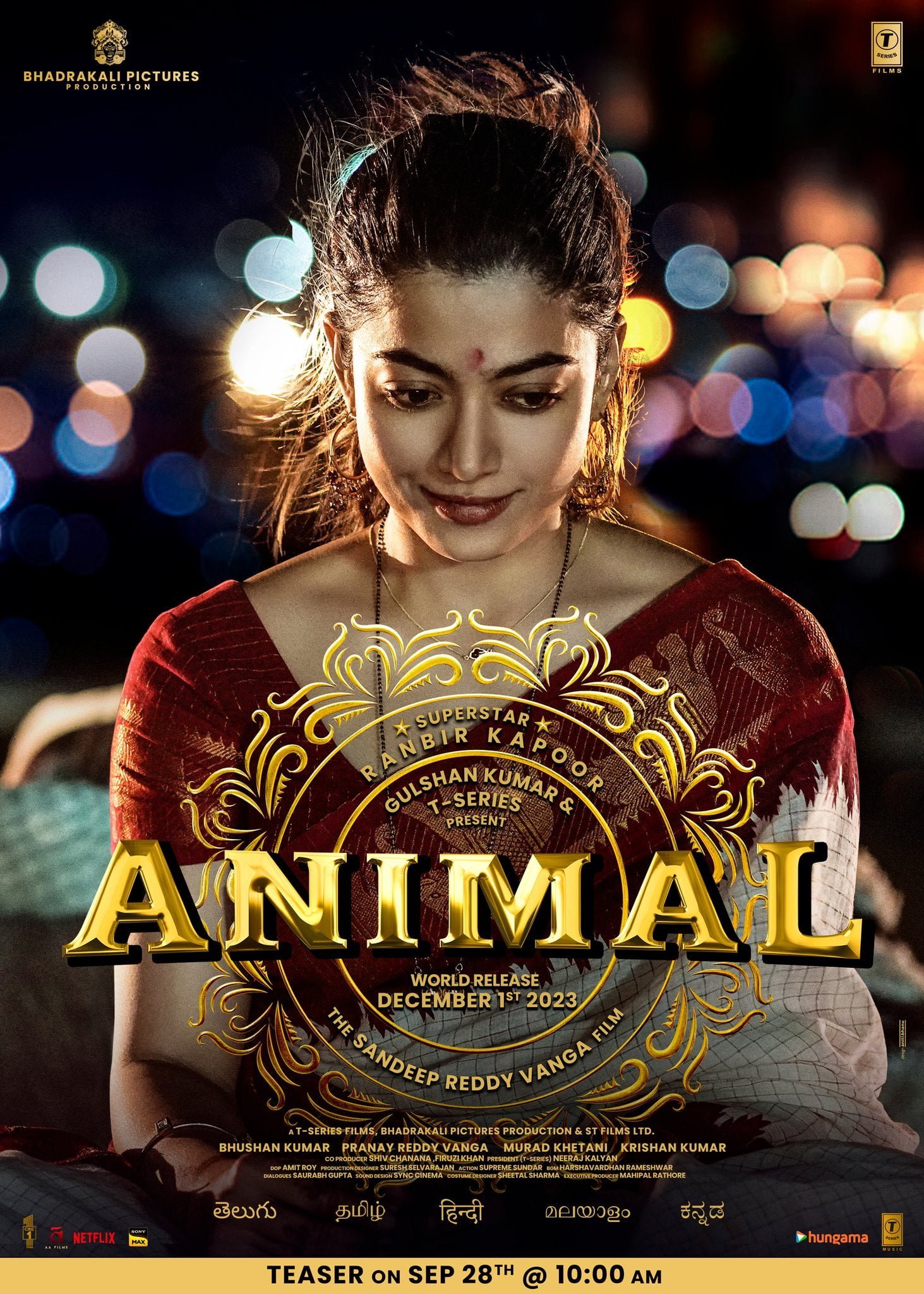
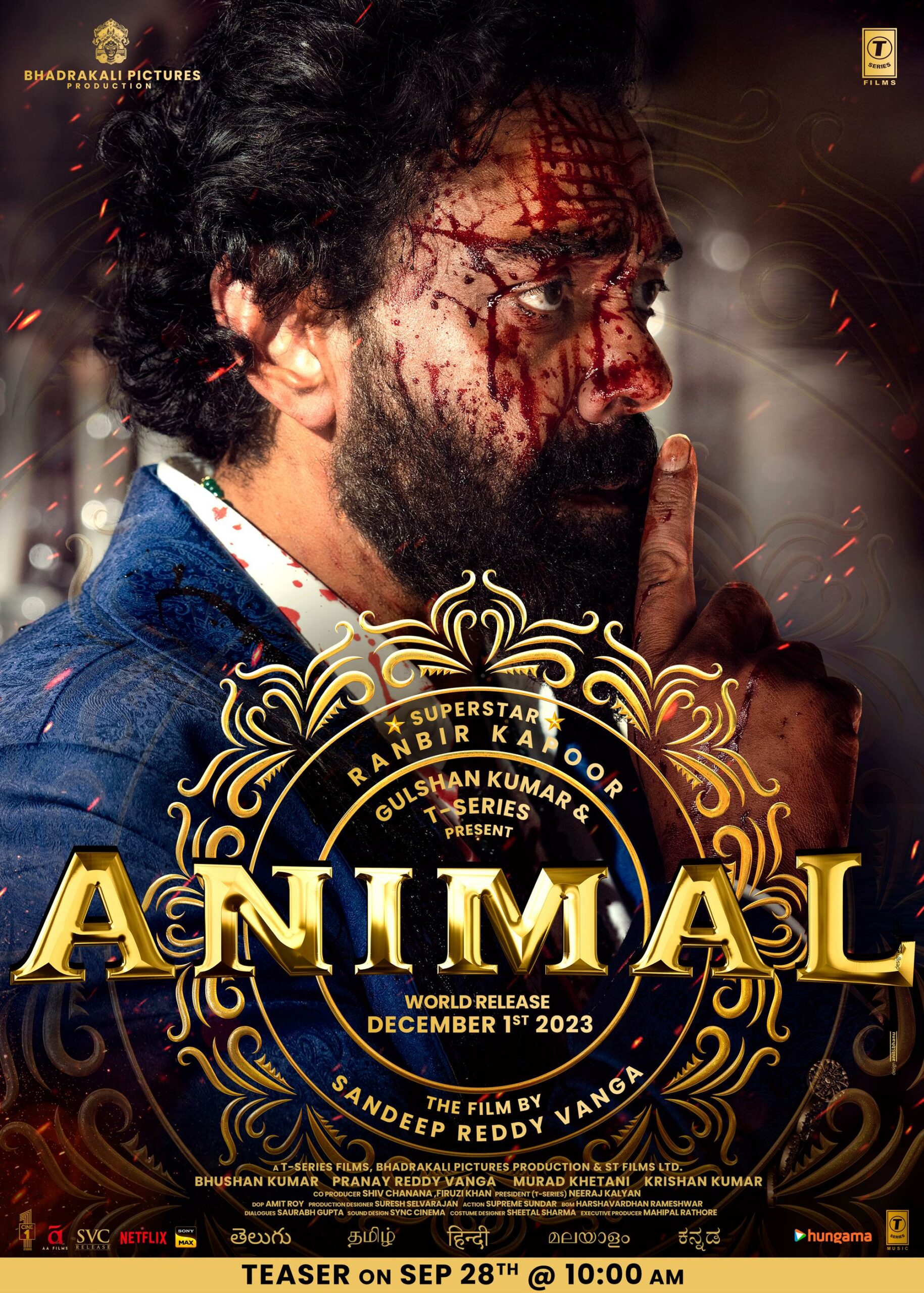


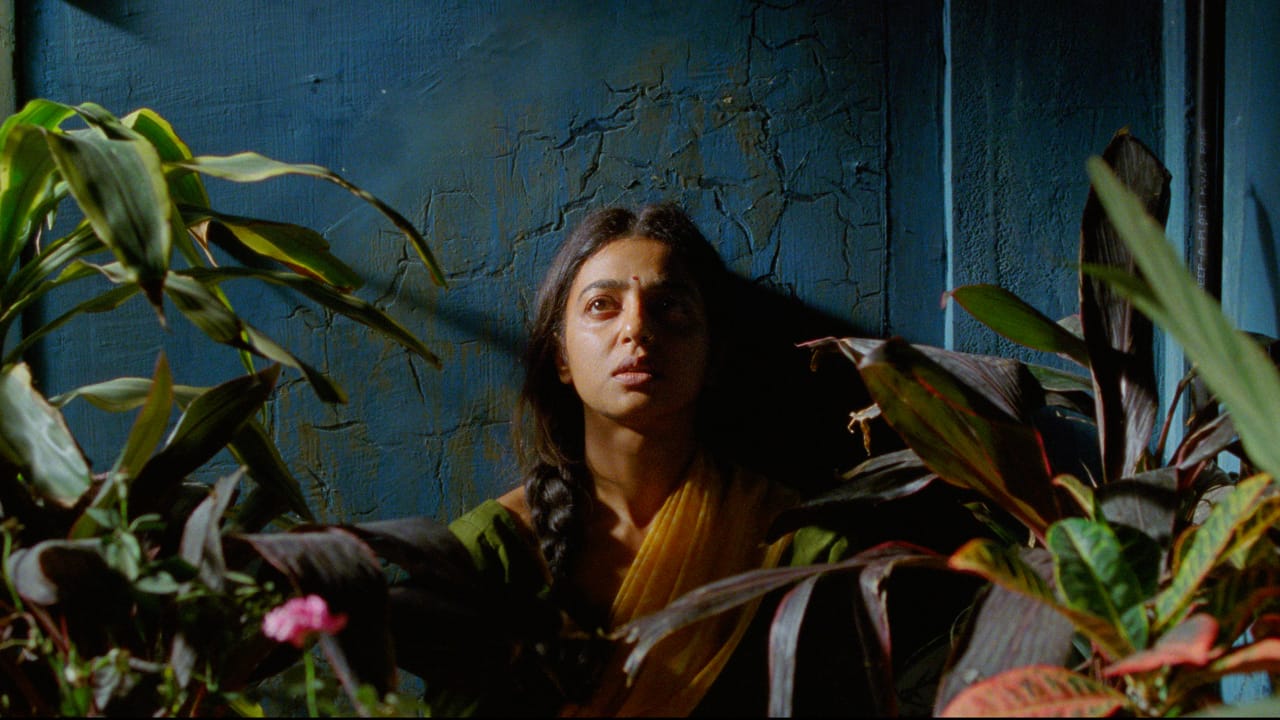


a man who kill hundred people why you expect him to be a non mysoginistic